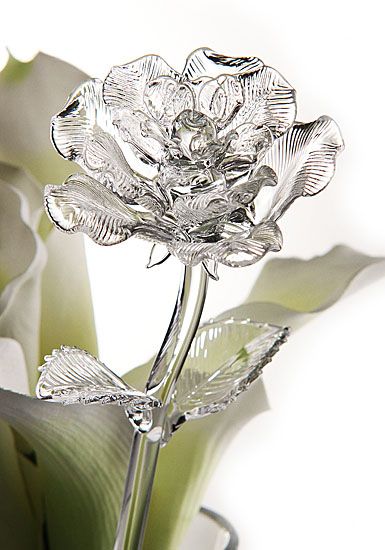FWP:
SETS == EXCLAMATION; REPETITION
GOOD/BAD: {22,4}
Arshi, who usually doesn't give many diacritics, provides a zer that marks the first word of the verse as is rather than us . In this case, it doesn't seem to make much difference.
On the idiomatic grammar of nah bane expressions, see {191,8}.
Ghalib naturally doesn't expect us to subsist for more than one verse without wordplay-- in contrast to the prosy {191,4}, this one offers us good/bad in the first line, and also in the second line the two even more enjoyably different idiomatic uses of haath , which I've tried to capture through more or less similar English expressions.
In this verse, the beloved's extreme delicacy seems to be a kind of sadistic cosmic joke on the lover, for which the beloved is blameless; if anything, she is (or at least might be) 'kind', rather than complicit in such cruelty to the hapless lover. Compare {20,3}, in which the same delicacy is the basis of a teasing bit of repartee directed at the beloved herself-- it's made to call into question not only her physical strength, but also her moral fiber.
Compare also Mir's more vivid and sensuous take on the untouchable delicacy of the beloved: M{759,5}. And even more appropriately, Mir's equal show of exasperation at the situation: M{1457,3}.

Nazm:
Composing this verse, the author has shown a picture of delicacy. There's no doubt at all that the word nazaakat is wrong, because naazuk is a Persian word, and he has made its abstract form nazaakat according to the Arabic pattern. But the Urdu users blindly follow the Persian elders in doing this; thus in Urdu too from chaahnaa they've made chaahat , and from rang , rangat ; and the idiom, and the usage of elders, have made all these words correct. (215)
== Nazm page 215